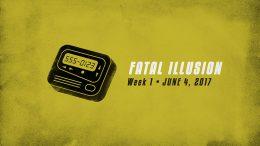
This is our first week of the new sermon series, Moving Pictures. In this series we will look at different movies that show a particular theology. This week we were entertained with the film, Bruce Almighty, a film which highlights the question of free-will. Greg takes us through the illusion of fatalism. The foundation of fatalism (also understood as determinism and/or Calvinism) suggests the world and all its happenings are determined. All that unfolds, including all suffering, is a result of fate, a pre-determined destiny of events established by God. But, there is a different way of understanding the world and God’s relationship to the created order. God created a world with free-will; where humans have the capacity to freely choose life or choose death. God is a relational God and longs for relationship with humans who freely choose love. With the free-will understanding of the created order we discover God is not the author of all that unfolds in the world, but that humans play an integral role in what comes to pass.
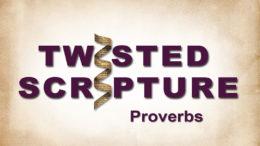
In part two of the Twisted Scripture series, Shawna explores the uses and misuses of a couple common Old Testament Proverbs. Often times in the Christian culture of the 21st century we see the book of Proverbs as a collection of nice sayings or one liners to guide our day. When we oversimplify the Proverbs they can often times come across very formulaic. We miss the cultural context they were written in and the oral tradition of wisdom they were meant to pass down to the next generation. Read More
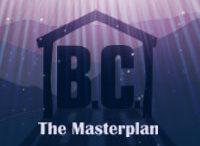
This week we kicked off B.C., our Christmas series, with a look at what God’s plan was before time even began, why it’s dangerous to think of the Incarnation as a rescue mission, and at the intimate relationship we’re drawn into with God through a baby in a manger. Read More
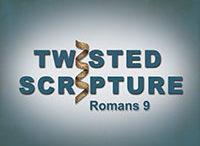
Romans 9 is the most widely used text in the defense of predetermination. This week we will untangle the text in order to see the Scripture the way it was meant to be—within its correct social and historical context, as well as giving regard to its intended audience. Read More
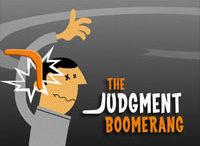
The wrath of God is a misunderstood topic. In this sermon, Greg shows how sin has natural consequences that boomerang back to us. While God’s wrath has serious consequences for us, we need to understand how God uses his wrath. Read More
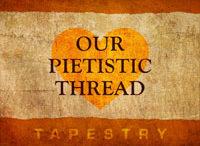
The life and theology of John Wesley influenced many portions of WHC. Whether it was the pietistic way of life, his ideas on free will, or his love-centered Kingdom theology, we have a lot in common with Mr. Wesley. Read More

In the movie, The Adjustment Bureau, there is a chairman who has the master plan for the world and his agents adjust the world to make sure this plan happens. God works differently. In this sermon, Greg talks about God’s will and how we play a role in the creativity of this world. Read More
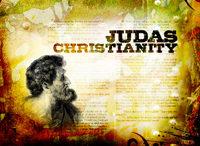
When reviewing Judas’ betrayal of Jesus, Greg had two questions in mind for us to consider: “Was Judas fated to betray Jesus?” And “Why did Judas betray Jesus?” Read More
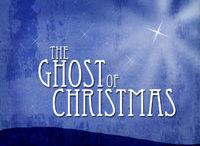
In many ways, Jesus is like the ghosts of Christmas past, present and future in Charles Dickens’ story A Christmas Carol. However, much more than remind us of our past, Jesus has the power to transform it which allows us new freedom both in our present and our future. Read More
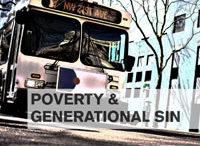
Generational sin is the ongoing effect of hurtful behavior that passes on from parents to their children. Not only do the children have to deal with this sin, but God too works with us to overcome these effects of past wrong-doings on our lives. Read More